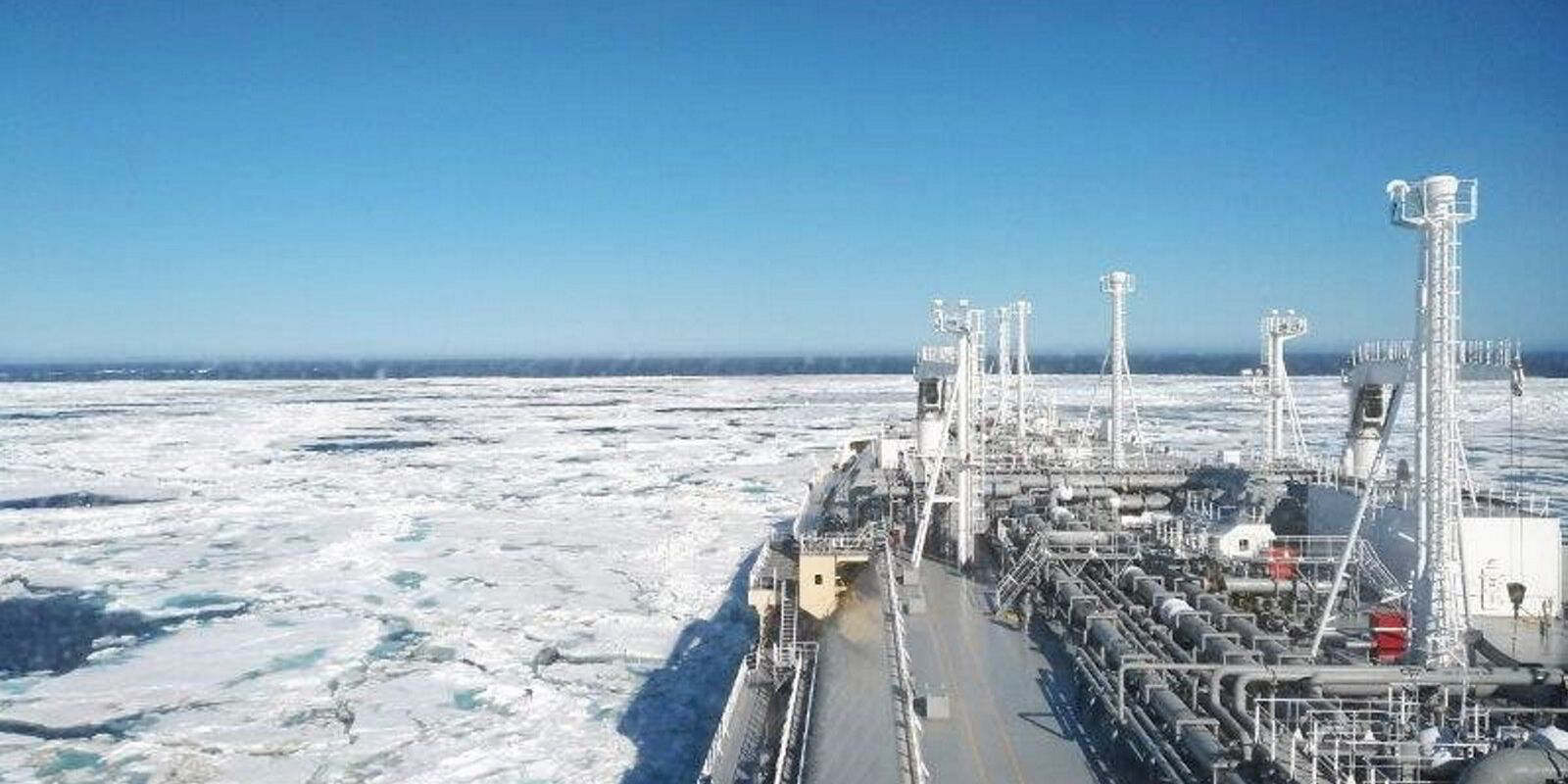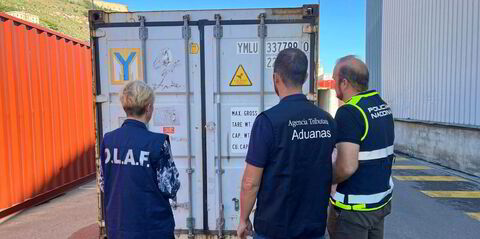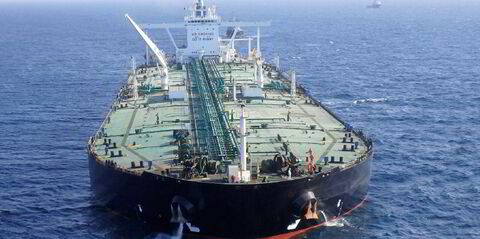MSC Group has said it will not consider using the Northern Sea Route as an option to link Europe and Asia despite disruption on other options.
Bud Darr, the liner group’s executive vice president of maritime policy and government affairs, said that despite disruption in the Red Sea and the Panama Canal in recent months, the company will not consider the Arctic passage over northern Russia as an option.
“We want to see the protection of the Arctic environment and its waters and that is not compatible with cutting and sailing through the melting ice to open up a new trade route,” he said, reiterating a position it made in 2019.
“MSC will not use the Northern Sea Route as a shipping lane, and we consider this a position the whole shipping industry should adopt.”
The Northern Sea Route has been of interest to shipping for a number of years, as sea ice has receded amid warming conditions, making transits a possibility.
Interest has been sparked again as Houthi attacks in the Red Sea have led to liner companies avoiding the Suez Canal and opting to sail the long way around Africa, adding time and fuel consumption to voyages.
Drought conditions in Central America have, until recent rainy seasons, led to the Panama Canal Authority being forced to reduce transits and vessel draughts.
These discussions have increased the rhetoric around the Northern Sea Route with its short distances and reduction in fuel and emissions, said Darr.
“Let me be clear, it comes with significant risks and we believe there is no shortcut for the decarbonisation of shipping,” said Darr in a video posted on LinkedIn that has attracted over 1,000 likes.
“There is also no place like the Artic, which has enduringly posed numerous safety and operational challenges to ships and their navigators.”
He added that Arctic waters are extremely challenging to navigate due to the ice, weather, lack of the necessary chart information and limited infrastructure.
“Search and rescue and pollution response are far away and, despite developments and collaboration in that area, our ships and crews would be more or less on their own,” he added.
Darr also noted that increased shipping activities in the Arctic could impact coastal communities. He emphasised that, while these communities depend on shipping for essential services, adding unnecessary traffic could further burden them.




